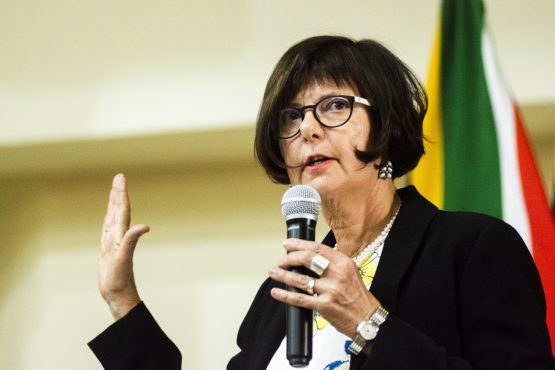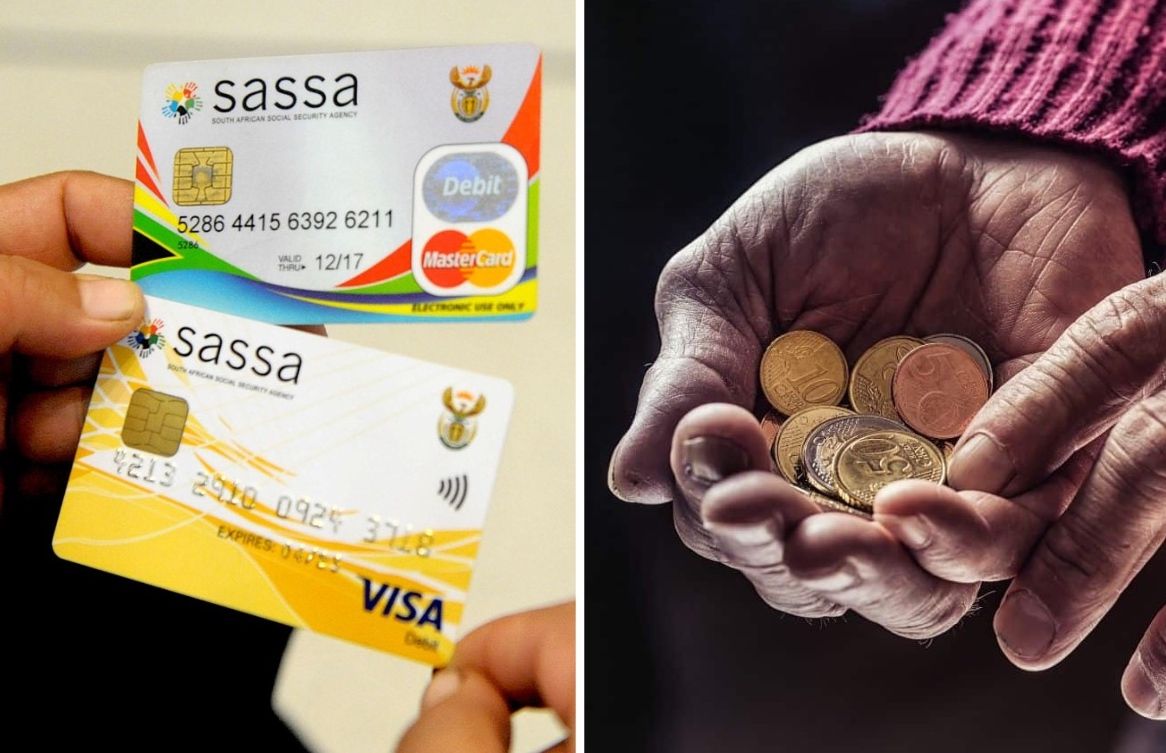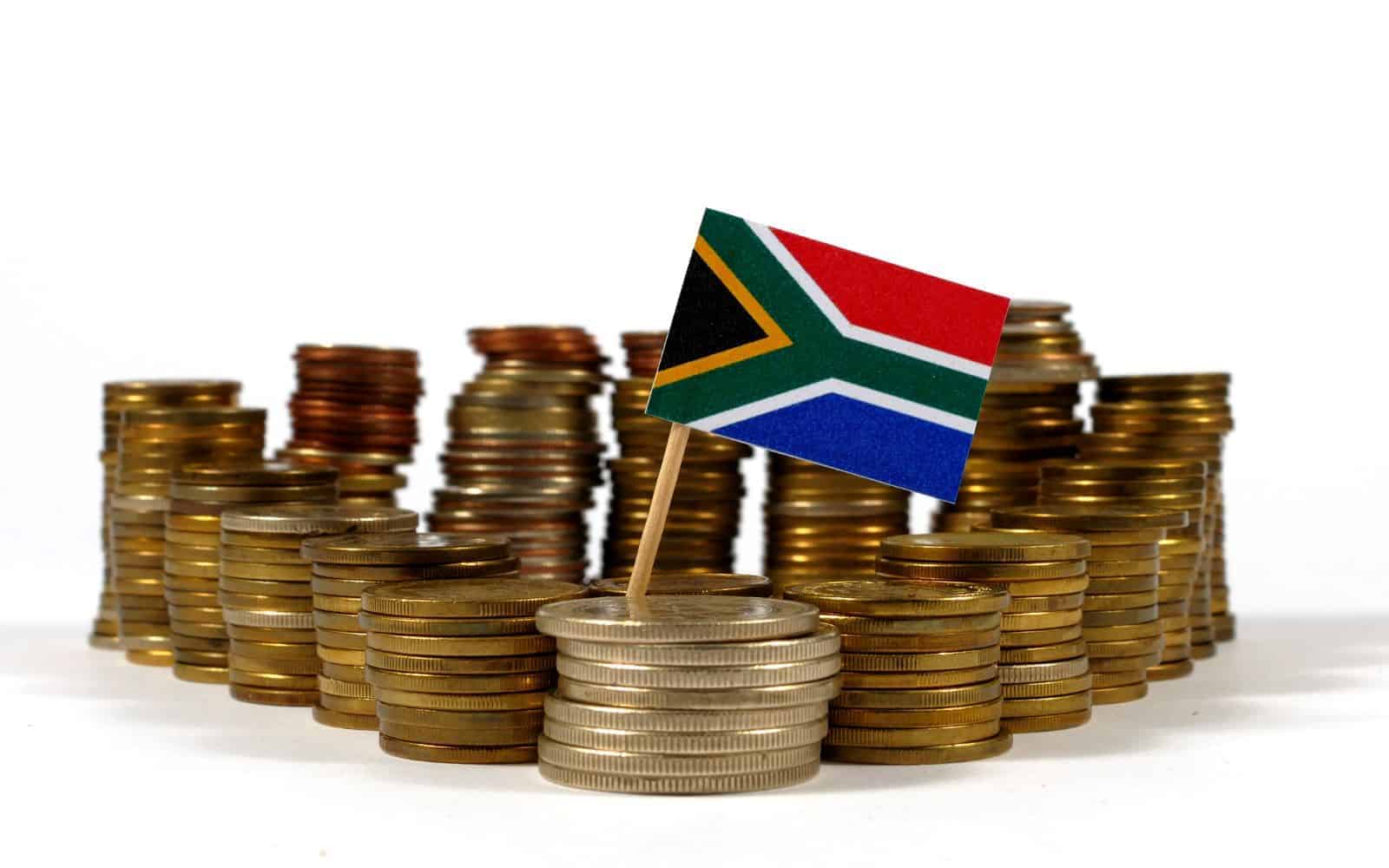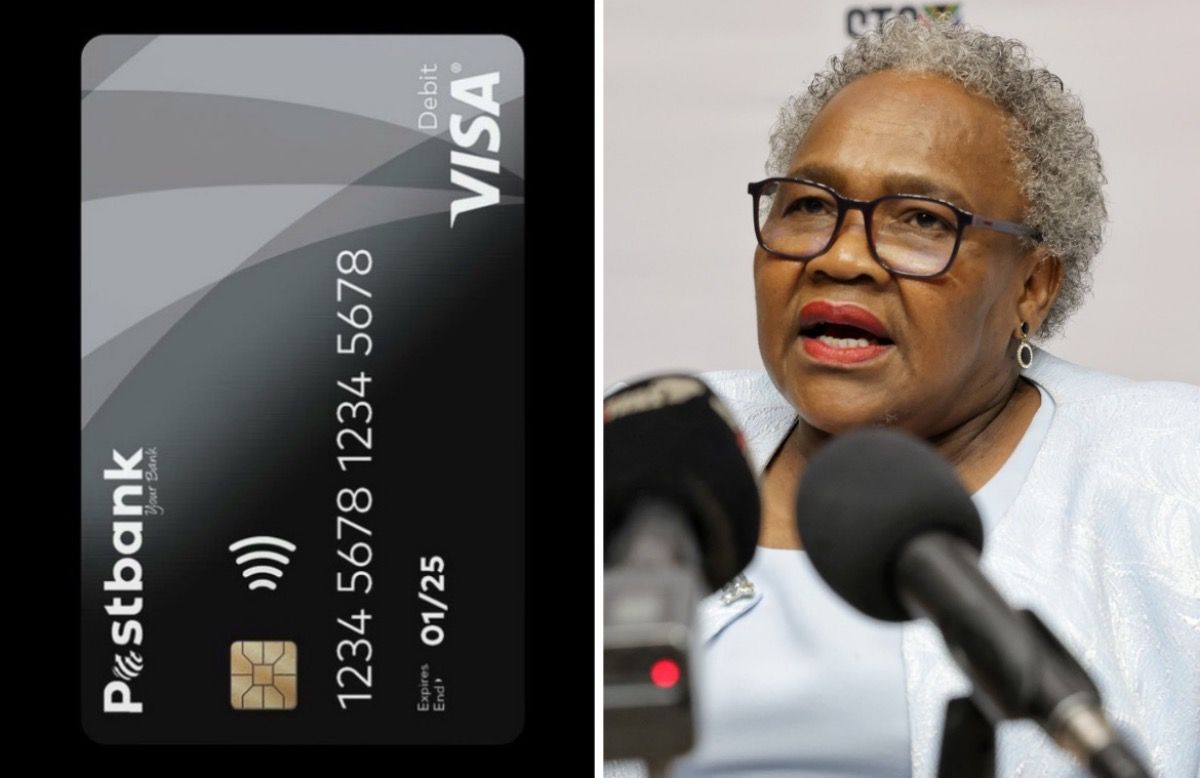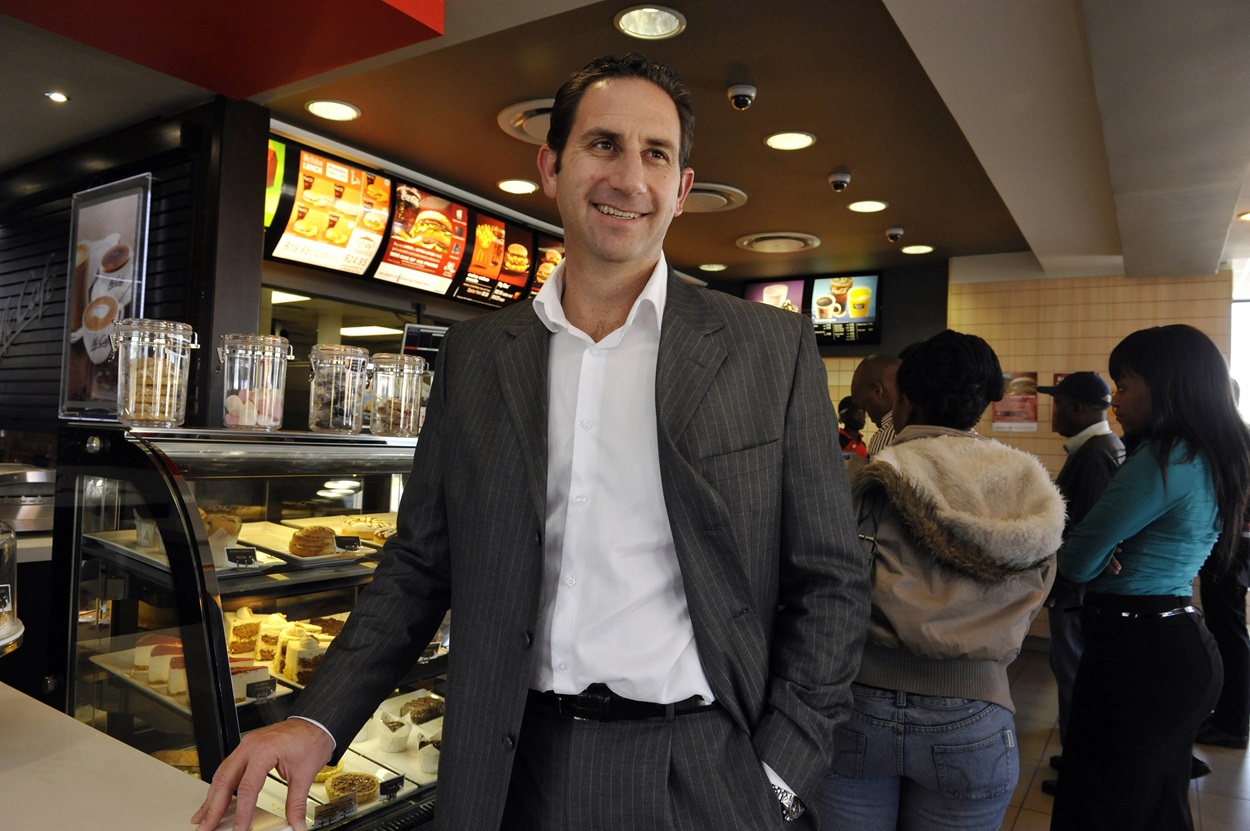Creecy considering request for exemption.
The domestic Air Services Licensing Council requires that all voting rights in domestic airlines must be held by natural persons and not legal entities.
This interpretation of the Air Services Licensing Act, voiced in a letter to FlySafair dated 6 January, renders almost all domestic airlines non-compliant and puts their operations at risk, says FlySafair.
In the letter, the council provides reasons for its finding of non-compliance against FlySafair, made on 19 December; 75% of its shareholding is held by legal entities.
A similar decision was made by the International Air Services Licensing Council in October, but sanctions that could have meant the grounding of the airline’s international flights were staved off when FlySafair got a court interdict.
The airline describes the council’s interpretation of the act as “highly unique and irregular in the context of global aviation with almost no examples of similar legislation existing in other countries around the world”.
It adds that the licensing council “displays a lack of understanding of the structures they are tasked with regulating”.
FlySafair has now written to Transport Minister Barbara Creecy to request her intervention by giving them exemption from the relevant legal provisions until its court application for a declaratory order and its court review of the council’s finding of non-compliance have been finalised.
Creecy’s spokesperson, Collen Msibi, confirmed receipt of the letter on Tuesday.
“The request is currently being considered by the departmental legal services, taking into account the regulatory environment,” he stated.

ALSO READ: FlySafair’s future up in the air: Bid to keep airline flying
The requirement
The dispute revolves around the requirement that 75% of the voting rights of air services licensees (airlines) must be South African residents and that the licensee must be in effective control of the airline.
Global Aviation, trading as Lift Airline, laid a complaint with both councils against FlySafair, alleging non-compliance with the relevant provisions.
The councils contend that 75% of FlySafair’s ownership is held in Ireland and ultimately in Belgium, but the airline says the council is conflating ownership and control.
The domestic council now also insists that the South African Citizenship Act of 1995 requires that only “natural persons” can be residents.
Since 75% of FlySafair’s shares are held by South African trusts and companies, it found the airline to be non-compliant.
Moneyweb has learnt that now that the council has issued the reasons for its decision, FlySafair is expecting a letter spelling out the sanctions within days.
This could lead to the suspension or withdrawal of the airline’s licence, which will effectively see it grounded.
With a market share of about 60% and up to 160 flights carrying 30 000 passengers per day, this could be a disaster not only for FlySafair, but for thousands of passengers who will be stranded since the capacity to accommodate them with other airlines is limited.
FlySafair also warns that it could put the upcoming Coal Conference and Mining Indaba in Cape Town, with its expected 10 000 visitors from all over the world, in jeopardy.
ALSO READ: ‘No immediate threat to operations. We will fly as normal’, says FlySafair
Licensing council ‘biased’ and ‘misunderstands its mandate’
In its recent letter to Creecy, as well as one dated the day before Christmas, both asking her to intervene, FlySafair’s comments include some serious allegations against the council:
- It lacks legal expertise;
- Bias against FlySafair and denying it a fair hearing (one of the attendees seemingly fell asleep when the airline was making its submissions);
- Misunderstanding its mandate as shown by its eagerness to punish FlySafair rather than ensuring compliance;
- Potential ulterior motives by timing its finding during the peak season and leaking it to the media;
- FlySafair will suffer irreparable harm if any attempt is made to terminate its licence; and
- The airline’s 1 925 employees will be impacted by any adverse decision.
It emphasises that the council’s position that only natural persons may hold voting rights will render even the largest domestic airline, Airlink, non-compliant, as will be the case for South African Airways (SAA), which is fully owned by the state.
ALSO READ: FlySafair approaches court as possible licence suspension looms
‘Create a new licensing council’
Rennie van Zyl, aviation expert and former regulator, considers the situation to be very serious and leaves FlySafair in an untenable position where its sales are affected by the threatened action against the airline.
Van Zyl says the best course of action for the minister is to disband the current council and form a new one with the necessary expertise and without bias.
“She must appoint capable members who can apply the law consistently and in line with developments in the industry.”
He says if FlySafair loses its licence and has to close because of the current dispute, the public will be the biggest losers. “There will be less competition and ticket prices will sky-rocket.”
ALSO READ: FlySafair not compliant with foreign ownership rules, says licencing council
Requirement outdated, impractical
Transport economist Joachim Vermooten agrees and says FlySafair is one of the most efficient airlines in the world.
He says the 75% requirement stems from the 1990s and has been removed by many countries, including Australia, Brazil and Mozambique, which allow 100% foreign shareholding.
This is generally not held by one large investor, but by consortiums of investors, each holding 10-15%.
“Aviation requires large capital investment in dollars in, for example, aircraft and software, therefore one needs large dollar investments, otherwise the airline will be under-capitalised.
“One needs new investment that cannot be funded by local banks, because they limit their exposure to aviation.”
He says FlySafair was able to expand its fleet at a rapid pace thanks to its foreign capital.
This article was republished from Moneyweb. Read the original here.
